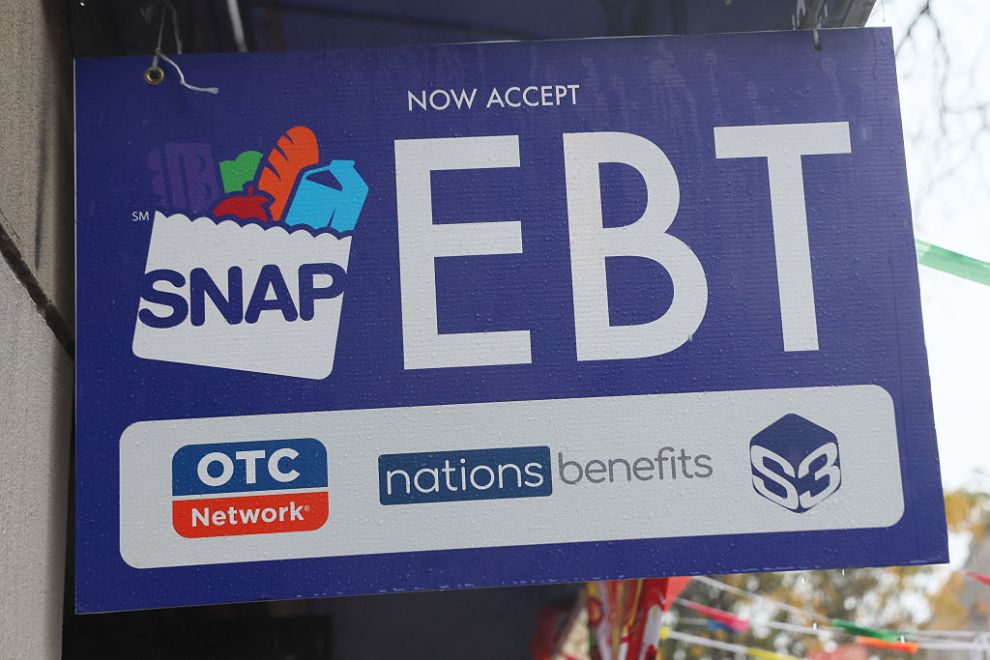The United States Department of Agriculture issued a stern reminder to grocery stores and other retailers that they must not offer special discounts to customers using the Supplemental Nutrition Assistance Program (SNAP) unless a specific waiver has been approved. The notice underscores what the USDA calls the “Equal Treatment Rule,” which requires that prices and terms of sale be identical for EBT-card customers and all other shoppers.
The rule, found in federal regulations under 7 C.F.R. § 278.2(b), states that stores “must offer eligible foods at the same prices and on the same terms and conditions to SNAP-EBT customers as other customers.” The USDA’s message adds: “Offering discounts or services only to SNAP–EBT customers is a SNAP violation unless you have a SNAP equal treatment waiver.”
The reminder arrives amid heightened concerns over food security and benefit delays during the ongoing federal government shutdown. Retailers in states such as Texas were specifically warned that offering targeted price reductions to SNAP recipients could trigger penalties. One industry analyst said the tone of the communication is more like “a threat” than a friendly reminder.
Retailer Response and Implications
Some retail owners view the enforcement notice as contentious during a time of crisis. “It’s hard not to want to help our neighbors,” one small-store owner in a low-income community told the Space Coast Rocket. “But the rules say we cannot give a break just because someone uses SNAP.”
Observers say the USDA could have issued a blanket waiver allowing discounts, but opted instead to enforce the existing rule. The USDA has authority under 7 U.S.C. § 2014(h)(1) and related regulations to waive certain SNAP rules during emergencies, including retailer treatment standards. Anti-hunger advocates argue that restricting retailers from offering voluntary discounts could undermine efforts to ease food insecurity in vulnerable communities. “The message effectively prohibits stores from providing discounts, meal vouchers or other forms of targeted assistance to households,” one article noted.
USDA officials argue that the equal treatment rule prevents discrimination and ensures that SNAP customers pay the same price as others. “SNAP is designed to give low-income families access to nutritious food, not provide preferential pricing to only one class of shopper,” an agency spokesperson said. (Note: quote paraphrased for clarity.) The rule is embedded in the retailer training guide and is part of the eligibility and compliance framework for authorized stores.
Still, the timing of the notice, during a period of benefit delays and economic strain, has sparked debate over the role of retailers, agencies and community supports. When asked whether the agency would offer discretionary waivers for special discounts, USDA said it would consider requests in accordance with law.

